- Home
- / CL Answers
- / Do any supplements reduce the side effects of chemotherapy? Should any be avoided?
www.consumerlab.com/answers/supplements-chemotherapy-side-effects/chemotherapy-side-effects/
Save to favorites
This feature is restricted to active members.
Join now to save favorites and get all member benefits, including over 1,400 reviews.
Join NowAlready a member? Sign in here.

Our Members Asked:
Do any supplements reduce the side effects of chemotherapy? Should any be avoided?
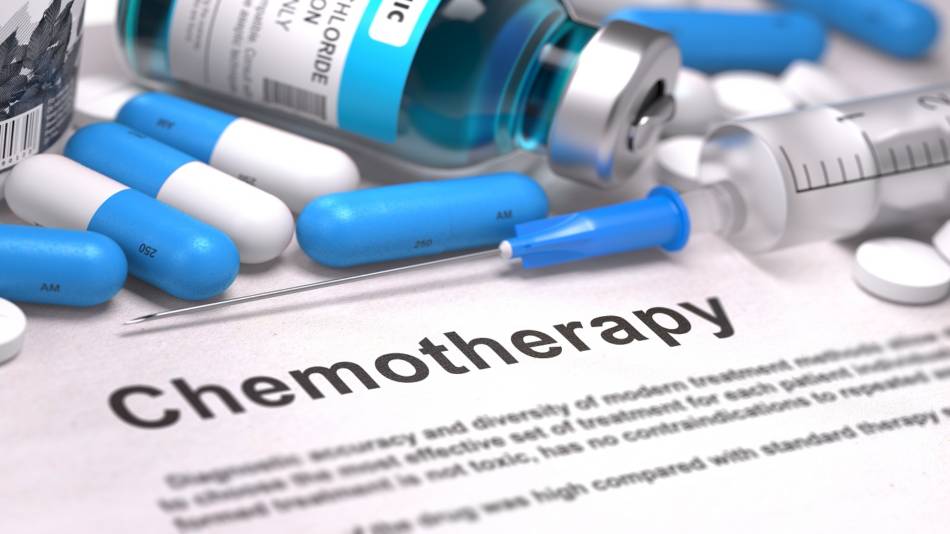
Answer:
Certain supplements have been shown to reduce side effects associated with chemotherapy, but the evidence is far from conclusive. On the other hand, some supplements may interact with chemotherapy or increase the risks of side effects such as bleeding or nerve damage. Furthermore, be aware that some cancer experts suggest avoiding all dietary supplements until cancer treatment is completed. If you are undergoing treatment for cancer, consult your physician before taking any supplement.
Sign in as a member to learn which of the following ingredients might be beneficial if used during chemotherapy and which might interact with chemotherapy or cause adverse effects. Supplements discussed include acetyl-L-carnitine, alpha-lipoic acid, amygdalin (from bitter apricot seeds or kernels), carotenoids (beta-carotene, lutein, etc.), CoQ10, fish oil, ginger, glutamine, iron, magnesium, milk thistle, Miracle Mineral Solution, multivitamins, probiotics, red yeast rice, selenium, soy isoflavones, St. John’s wort, turmeric/curcumin, vitamin A, B-12, C, and E, whey protein, and zinc.
In addition the results of its expert testing, ConsumerLab uses only high-quality, evidence based, information sources. These sources include peer-reviewed studies and information from agencies such as the FDA and USDA, and the National Academy of Medicine. On evolving topics, studies from pre-print journals may be sourced. All of our content is reviewed by medical doctors and doctoral-level experts in pharmacology, toxicology, and chemistry. We continually update and medically review our information to keep our content trustworthy, accurate, and reliable. The following sources are referenced in this article:
- Ambrosone, J Clin Oncol 2020
- Block, Integr Cancer Ther 2004
- Brokaar, Explor Res Clin Soc Pharm 2025
- D'Andre, Support Care Cancer 2022
- EFSA, EFSA J 2016
- Jung, Am J Clin Nutr 2019
- Loprinzi, J Clin Oncol 2020
- Nguyen, Cancer Drug Resist 2018
- Pochet, Sci Rep 2022
- Saif, J Support Oncol 2008
- Sun, Asia Pac J Clin Nutr 2012
- Wesselink, Nutrients 2018
- Workeneh, Kidney360 2021
- Zhang, EMBO J 2017
Join today to unlock all member benefits including full access to all CL Answers and over 1,400 reviews.
Join NowAlready a member? Sign In Here.
Join now at www.consumerlab.com/join/
Agree to Comment Terms
Please abide by the following:
- If you make a statement of fact, such as whether a type of treatment does or does not work, state your basis -- such as personal experience or a published study.
- If you make a positive or negative comment about a product, note whether or not you have a financial interest in the product or in a competing product.
- Please be respectful in your tone.
- Please do not submit any type of HTML markup or scripting as it will not be accepted, nor will posts that exceed 2,500 characters.
For your privacy, only your first name (from your account) followed by a random number will appear with your comment. Your last name and email address will not be displayed.
Your comment has been submitted
We will review your comment before it is posted.

Related Reviews (7)
Latest Research Updates (Clinical Updates)
Supplements & Chemotherapy
April 14, 2025
Apricot Seeds for Cancer?
August 08, 2024
Magnesium with Chemotherapy?
December 23, 2022
Does magnesium supplementation help prevent chemotherapy-related nerve damage? Found out in our article about supplements and chemotherapy.
Also see our Top Picks among magnesium supplements.
Supplements While On Chemotherapy
December 20, 2022
Certain supplements should be used cautiously or avoided by people undergoing chemotherapy due to possible interactions, toxicity, or worsening of cancer status, as discussed in our updated CL Answer about supplements and chemotherapy.
Related CL Answers (11)

Related Content
Join over 95,000 Members
Find the best products with instant access to our latest tests & reviews of over 1,400 health products.
Save money by finding high-quality products at lower cost.
Stay safe with the latest clinical findings, warnings, and expert answers.
Suggest products to test.
Stay informed with our e-newsletter.
Ratings of ConsumerLab

The "Updated" date indicates when new information was most recently added to this article. In the full article, the newest information is highlighted in yellow.

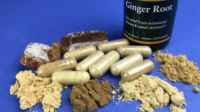
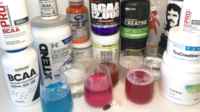

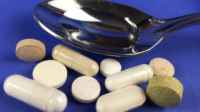
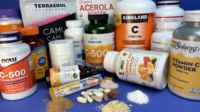
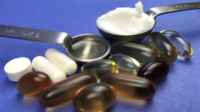



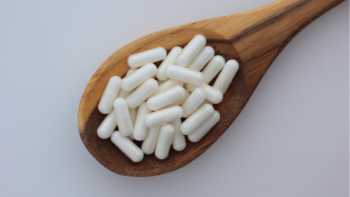
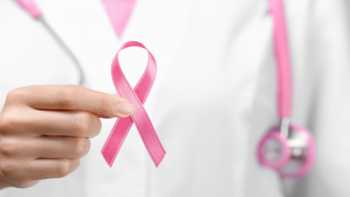

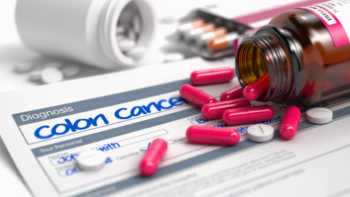









Submit your comment
This feature is restricted to active members.
Join now to add comments and get all member benefits, including over 1,400 reviews.
Join NowAlready a member? Sign in here.